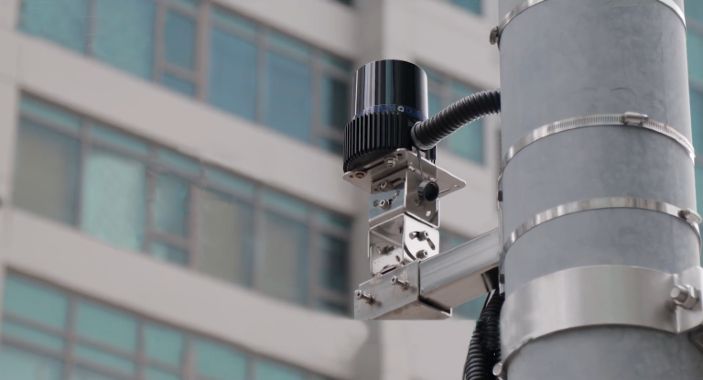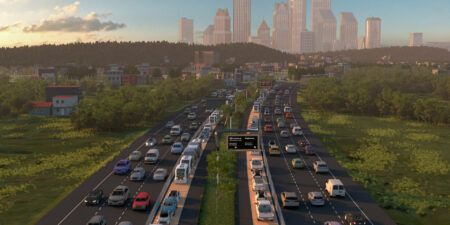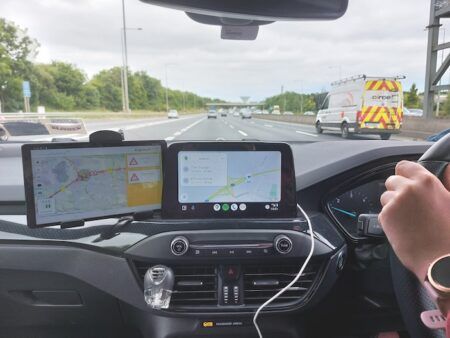Quanergy Systems has announced that its 3D LiDAR solution has been selected to support the development of an information, communication, and technology (ICT) system in Busan, South Korea. The ICT system is a key component in the South Korean government’s strategy to build data-driven IoT smart cities. Busan is one of the pilot cities for the initiative.
Deployed in collaboration with its system integrator partner iCent, Quanergy’s 3D solution, comprising its MQ-8 LiDAR sensor, paired with its proprietary perception software QORTEX DTC™, collects and analyzes traffic data, including the walking direction of pedestrians, their traffic volume, and the number of speeding vehicles, enabling the iSaver data analytics platform from iCent to determine their patterns based on factors such as time of day, or day of the week.

The collected data enables Busan’s smart city traffic center to better understand traffic patterns, predict safety hazards, and ultimately develop transportation policies to improve pedestrian safety. This information is crucial for ICT infrastructure to inform smarter, data-driven decisions. Furthermore, the solution integrates with traffic lights to respond dynamically to traffic, as well as giving drivers and pedestrians visibility into real-time traffic information through an app on their smartphones. This is the first system of its kind in Korea to provide traffic data for V2X (vehicle to everything) equipment and beacon equipment.
“Quanergy’s LiDAR solution provided greater than 95% accuracy and reliable performance in all ambient conditions, day or night,” says Moon WonSang, CEO at iCENT, “With more accurate data, Busan was able to improve the effectiveness of its transportation policies. In addition, the LiDAR solution provided a low total cost of ownership, with cost savings of more than 30%. The use of LiDAR also automated the data collection, eliminating the need for manual, error-prone data collection methods.”





